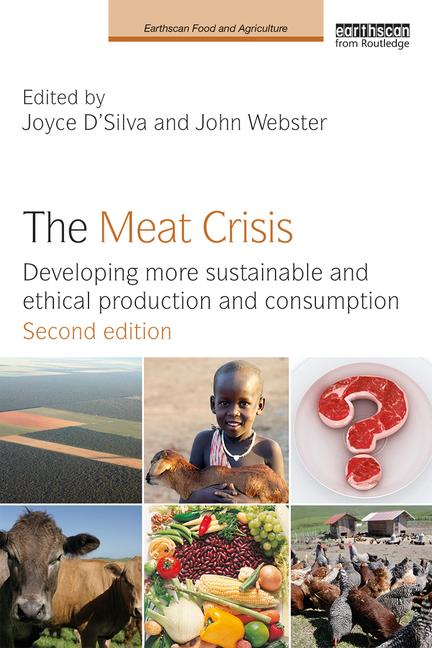The U.S. Department of Agriculture's (USDA) Food Safety and Inspection Service (FSIS) next week will begin instituting a zero-tolerance policy for six additional strains of E. coli that are responsible for human illness. Beginning Monday, FSIS will routinely test raw beef manufacturing trim, which is a major component of ground beef, for the six additional strains of E. coli. Trim found to be contaminated with these pathogens will not be allowed into commerce and will be subject to recall.
Illnesses due to E. coli serogroups other than O157:H7, which caused a high-profile illness outbreak in 1993, outnumber those attributed to O157:H7. FSIS declared O157:H7 an adulterant in 1994.
"These strains of E. coli are an emerging threat to human health and the steps we are taking today are entirely focused on preventing Americans from suffering foodborne illnesses," said Agriculture Secretary Tom Vilsack. "We cannot ignore the evidence that these pathogens are a threat in our nation's food supply."
The additional strains that will be treated as adulterants beginning today are Shiga-toxin producing E. coli (STEC) serogroups O26, O45, O103, O111, O121 and O145. Like E. coli O157:H7, these serogroups can cause severe illness and even death, and young children and the elderly are at highest risk.
Source: FSIS







